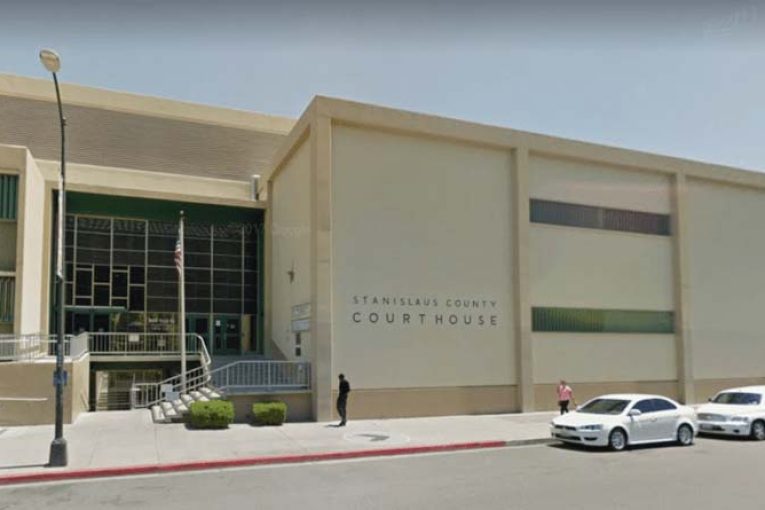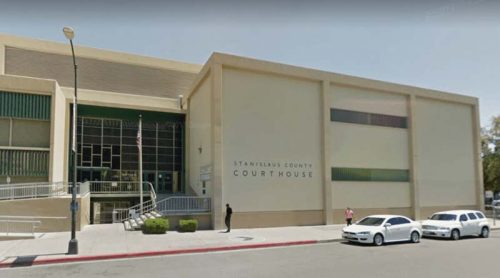

By Michael Apfel
MODESTO, CA – In a late Friday afternoon early case management conference in Stanislaus County Superior Court, Judge Carrie Stephens agreed to a continuance and not to forfeit the accused’s bail after he failed to appear in court.
The judge made the ruling after the accused’s attorney Michael Moore explained the accused was busy attending a substance abuse rehabilitation program.
Moore joined the court via Zoom to represent two different accuseds of felony charges, trying to find a quiet space in the busy room he was in to plead his case requesting a continuance on behalf of the accused.
Judge Stephens began the hearing by expressing concerns that a waiver of conflict was not filed by the defense (because he represented two different clients in the same case), but attorney Moore reassured the court he had prepared it and would make sure to file it as soon as possible.
“(The accused) is in a residential inpatient program,” said Moore. “It’s a short program. He just went in a few days ago. He’s expected to be released from that portion soon, so he’s doing something good for his life. Unfortunately, he was not able to attend court today.”
Judge Stephens wanted a clearer timeline from defense counsel and was not yet ready to dismiss the accused’s absence.
“He is on bond, and that’s a concern of the court,” said Judge Stephens.
Moore then explained the treatment the accused was receiving would not last too long, and he is currently having a blackout period, a time where someone in rehabilitation takes a temporary break communicating with those outside of their facility.
The judge followed up the relevance of the accused’s rehabilitation to his case, unsure if his charges were drug related.
“At least tangentially, yes. I think it’s the underlying cause of all of it,” said Moore, urging the court that the accused’s drug problems were deeply connected to his charges and potential course of action, even if they were not directly related to the accused’s charges.
The judge requested confirmation of the accused’s inpatient treatment facility, and the defense was able to provide the court with a note detailing his specific recovery treatment site. After being made aware of this evidence, the judge asked how long the accused was expected to be in his given stage of the treatment, and Moore said the accused would need at least 30 days.
Judge Stephens found good cause not to forfeit the accused’s bail bond due to him receiving residential treatment, and there were no prosecution objections.
Dec. 2 is the rescheduled date for the accused’s early case management conference. 